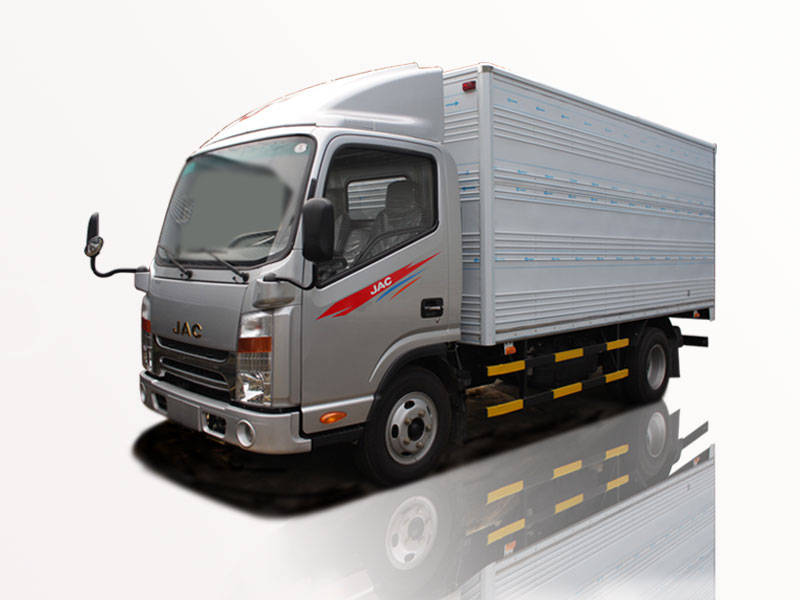Introduction
Front load bins are essential equipment for waste management, particularly in commercial and residential settings. They offer an efficient way to store and dispose of waste, ensuring cleanliness and sustainability. As cities grow and businesses expand, the demand for effective waste solutions like front load bins increases. This article delves into the features, benefits, and various aspects of front load bins, equipping readers with the knowledge needed to make informed decisions about waste disposal.
What are Front Load Bins?
Front load bins, also known as front load containers, are large waste receptacles designed for easy access by waste collection trucks. These bins are usually rectangular in shape and come in various sizes, accommodating different volumes of waste. Their design enables waste collection vehicles to lift and empty them from the front, making the process quick and efficient.
Types of Front Load Bins
Front load bins can be categorized based on size, material, and usage. Here are the most common types:
- Steel Front Load Bins: Highly durable and suitable for heavy-duty waste.
- Plastic Front Load Bins: Lightweight, corrosion-resistant, and ideal for lighter waste.
- Specialty Bins: Designed for specific waste types like recyclables or organic waste.
Choosing the Right Size
| Size (Cubic Yards) | Ideal Usage |
|---|---|
| 2 | Small businesses or household waste |
| 4 | Medium-sized businesses |
| 6 | Large businesses or restaurants |
| 8 | High-volume waste generators |
Benefits of Using Front Load Bins
Front load bins offer numerous advantages for waste management, making them a preferred choice for many businesses and municipalities. Here are some key benefits:
Space Efficiency
Front load bins are designed to maximize available space, both in terms of storage capacity and the physical footprint. This aspect is especially beneficial for urban settings where space is at a premium.
Durability
Manufactured from robust materials, front load bins can withstand harsh weather conditions and heavy usage. This durability ensures they last longer, reducing the need for frequent replacements.
Cost-Effective
Using front load bins can save businesses money in the long run. Their efficient design means fewer pickups are needed, thereby lowering disposal costs. Moreover, they help in minimizing overflow and litter, reducing additional cleanup expenses.
Environmental Benefits
Front load bins encourage proper waste segregation and recycling. By providing designated bins for recyclables and organics, businesses can enhance their sustainability practices and contribute to a greener environment.
How to Properly Maintain Front Load Bins
Proper maintenance of front load bins is crucial for their longevity and effective operation. Here are some essential maintenance tips:
Regular Cleaning
It’s important to clean front load bins regularly to prevent odors and pests. A simple solution of water and mild detergent can be used to wash the interiors and exteriors.
Inspection for Damage
Regularly inspect bins for cracks, rust, or other types of damage. Promptly address any issues to ensure continued functionality.
Proper Waste Disposal
Only use front load bins for their intended purpose. Overloading or disposing of inappropriate materials can lead to premature wear and damage.
Frequently Asked Questions (FAQs)
1. How often should I schedule waste pickup for front load bins?
The frequency of waste pickup depends on your business volume and waste generation. Higher traffic businesses may require daily or multiple pickups per week, while smaller operations may need pickups once a week.
2. Can front load bins be used for recycling?
Yes, many front load bins are designed to accommodate recycling materials. It’s important to label the bins correctly to avoid contamination.
3. What is the lifespan of a front load bin?
With proper maintenance, front load bins can last anywhere from 5 to 15 years, depending on material and usage conditions.
4. Are there any restrictions on what can be placed in front load bins?
Yes, certain items such as hazardous waste, electronics, and large appliances typically cannot be disposed of in front load bins. Always check local regulations for specific guidelines.
5. How do I choose the right front load bin for my business?
Consider factors such as the volume of waste generated, the size of the bin, and whether it will be used for recycling or organics. Consulting with a waste management provider can also provide valuable insights.
6. What are common issues faced with front load bins?
Common issues include overflowing waste, pest infestations, and structural damage. Implementing a regular maintenance schedule can mitigate these problems.
Conclusion
Front load bins play a crucial role in effective waste management. Their efficiency, durability, and environmental advantages make them an excellent choice for businesses and municipalities alike. By understanding their features, benefits, and proper maintenance recommendations, users can ensure optimal performance and contribute to a cleaner, more sustainable future.





